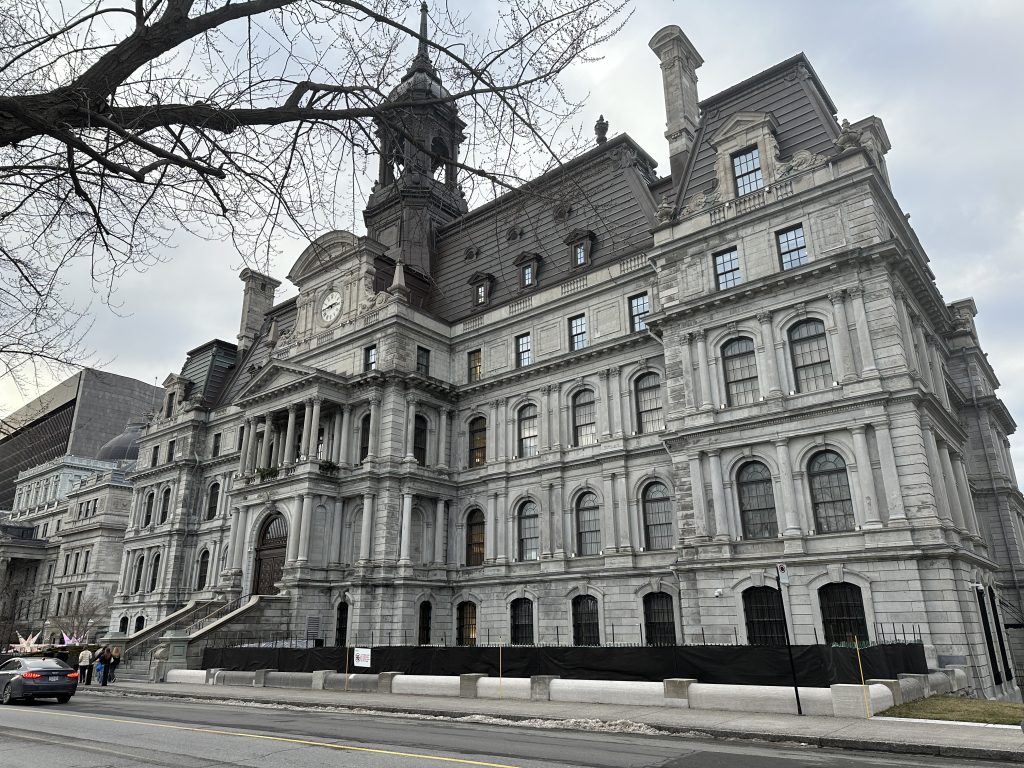Lebanese-Montrealer explains how he helped save lives during the 2020 Beirut explosion

Posted August 15, 2023 9:47 am.
Last Updated August 15, 2023 6:26 pm.
It’s been three years since the Beirut port explosion, that killed more than 200 people and left thousands injured. A traumatizing event for many, like Wissam Assouad, a Lebanese Montrealer who was one of the first paramedics to reach the area of the explosion and help.
“As I was driving getting out of where I live, I was seeing shattered glass everywhere, [the closer I got] to the area the more I saw the destruction, devastation,” explained Assouad.
“At that moment people were looking around in complete loss, like where to go? So, I put on my Red Cross emblem and at that moment I felt like I attracted people like a magnet.”
Tonnes of ammonium nitrate stored in a warehouse at the port of Beirut exploded on August 4, 2020.
It had been left neglected since 2013.
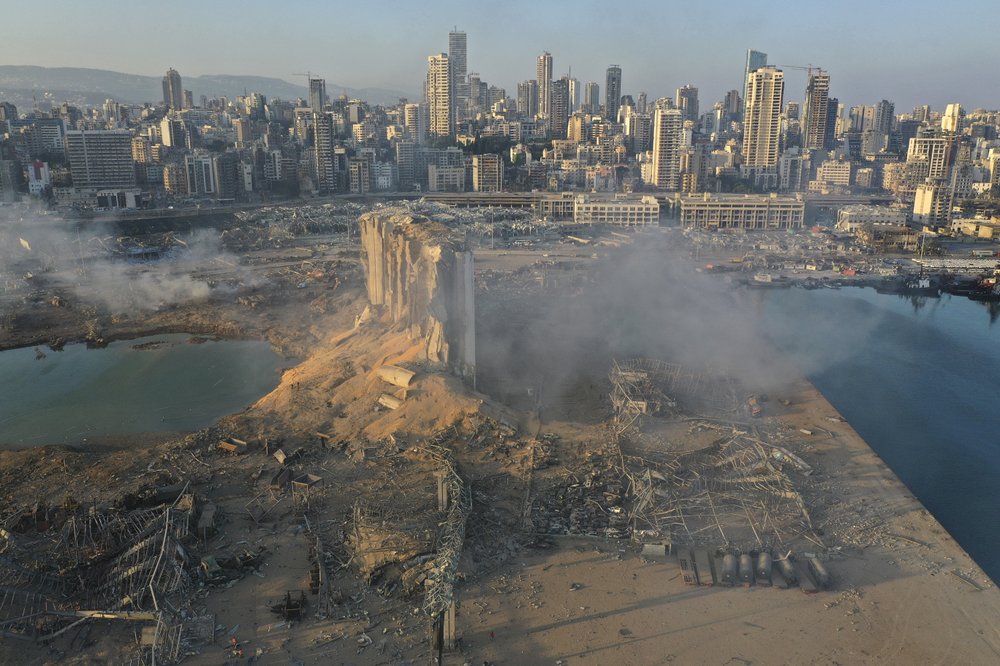
A drone picture shows the scene of an explosion at the seaport of Beirut, Lebanon, Wednesday, Aug. 5, 2020. (AP Photo/Hussein Malla)
“Head traumas, people losing consciousness. Around that time another friend from Red Cross who used to be a Red Cross came and he joined me, so we did a teaming so we carried people closer to the highway,” explained Assouad.
“We stopped Red Cross vehicles, any ambulances that were crossing the highway coming from all around Lebanon so we filled them with patients with injured people and we took equipment, we took gloves also to protect us and help the patients and we kept on doing that.”
RELATED:
- Huge explosions rock Beirut killing more than 70 people, injuring thousands
- Look back at 2020: Beirut blast levels parts of Lebanese capital
- ‘We should never forget’: Lebanese Montrealer calls for justice for friend lost in 2020 Beirut explosion
The disaster heavily damaged the city and is one of the largest non-nuclear explosions ever.
While several senior officials have been accused in the disaster – none have been officially held responsible.
Throughout 2022, the investigation stalled.
“Honestly, on the 3rd of August, people partied like there is no tomorrow because on the 4th of August, it felt like there is no tomorrow,” said Assouad.
“They do say, Lebanese people are resilient. I am starting to hate that word because being put under the test over and over. They say Beirut was buried seven times, I consider Beirut was buried eight times after the explosion. The people’s morale is buried I think people who are there now are on survival mode.”
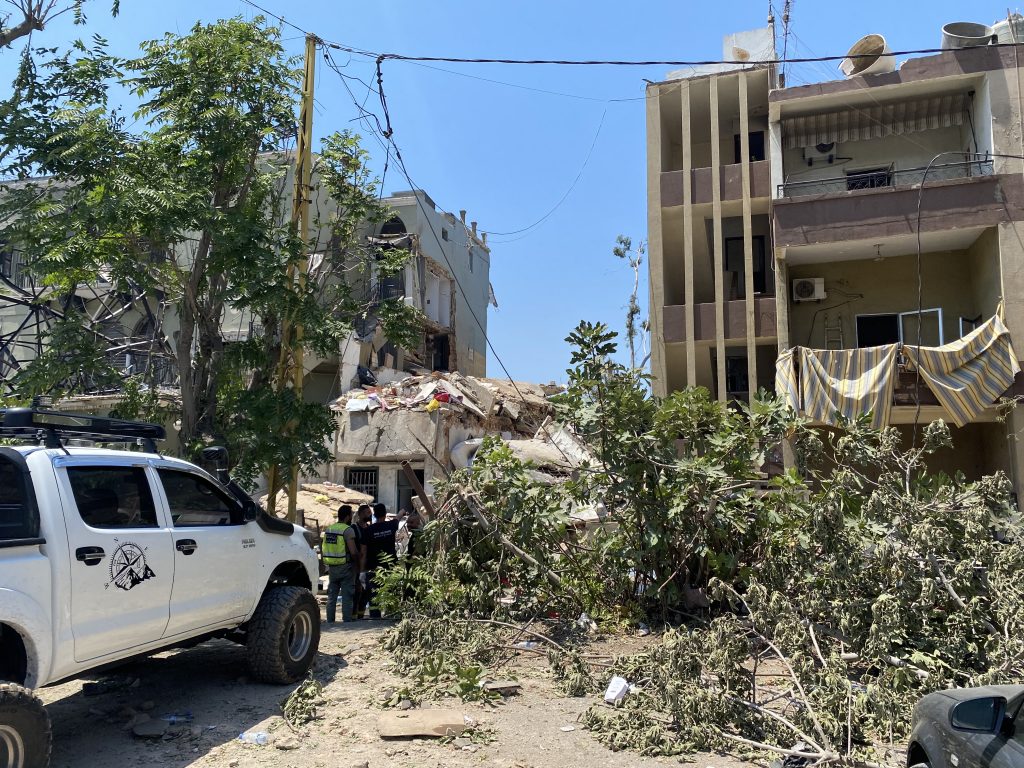
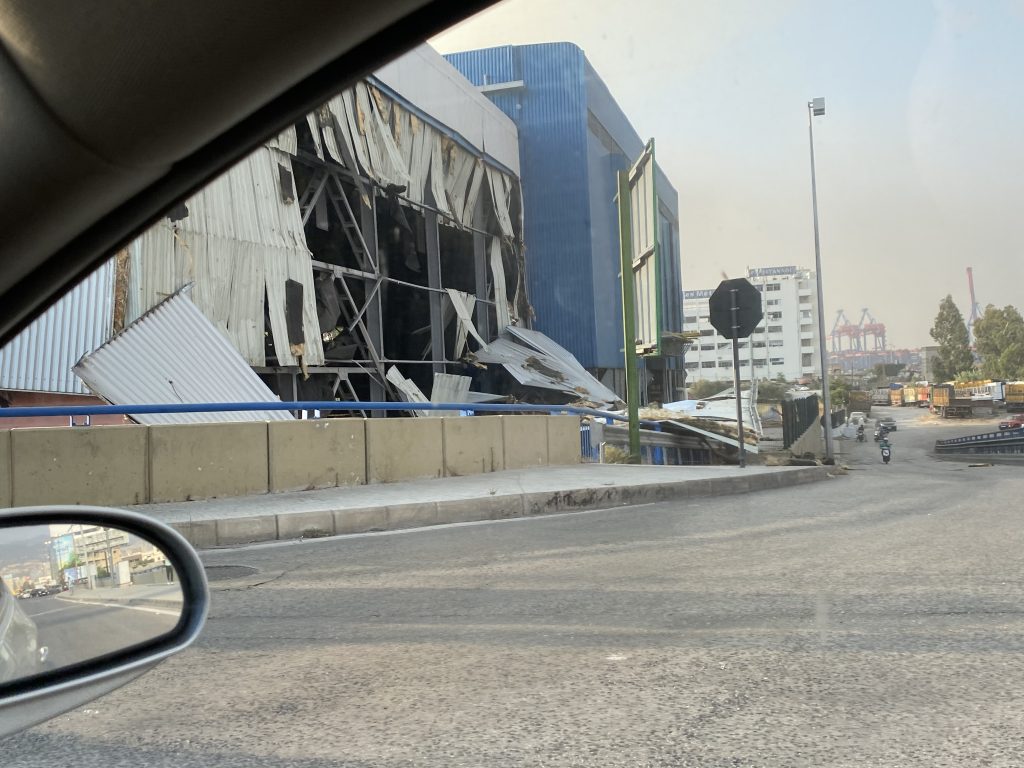
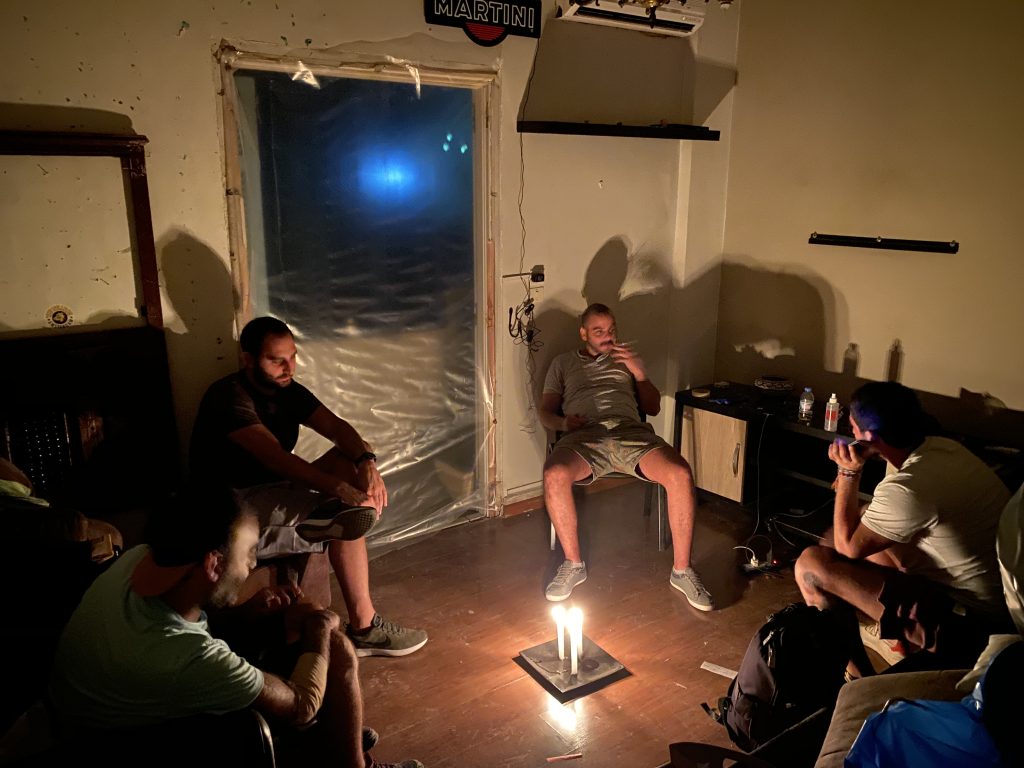
Every August 4 remains an open wound – one that has still not healed for many in Lebanon and in the Lebanese community here in Montreal and around the world.
“Whoever put these stuff at the port and was neglecting them to the point where they destroyed Beirut, I mean what stopping them from doing it again? What is stopping anything from happening in this volatile country where there is so much happening under the table and no one knows about?” asked Assouad.


